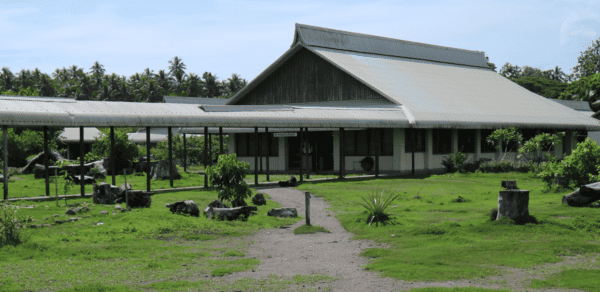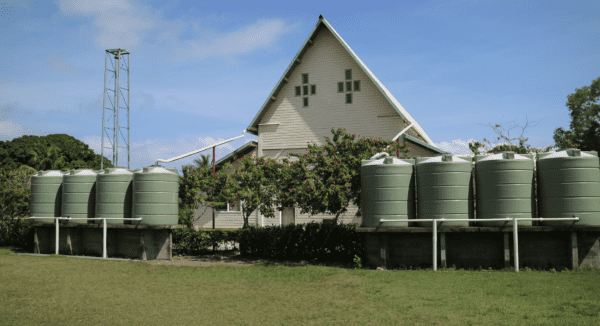In the Leadership Observatory, DLP summarises recent developmental leadership research, both that with which we’ve been involved and that with which we haven’t. Keep up to date by joining our newsletter, and we’ll send you a bi-monthly Observatory news roundup and make sure you’re the first to know when a paper is published.
This month’s Leadership Observatory looks at women’s political leadership and solidarity between female leaders, the formality of the “informal” and an example of how to support local leadership for WASH.
Solidarity amongst women in politics? Research from Sri Lanka suggests not as much as we might think
Sri Lanka has one of the lowest levels of political representation of women in South Asia. In a recent blog, Nadine Vanniasinkam and Viyanga Gunasekera argue that cross-party networking and peer-support among women in politics could help to improve Sri Lankan women’s political voice. They suggest the introduction of quotas has created even more need for established women politicians to mentor aspiring women politicians.
However, many new women politicians interviewed in their research felt unsupported by senior women and talked about the lack of inter-party networking between women candidates. Findings suggest there is appetite for forming supportive groups, but greater efforts need to be made to understand and encourage platforms to facilitate this.
More research from non-elite women’s political pathways is coming soon.
The Australia Awards support PNG women’s leadership, but what happens when women return home?
Educational programs like the Australia Awards and the Women’s Leadership Initiative are often seen as important in promoting both developmental leadership and gender equality but there is limited literature on what happens once participants return home. In a small-scale pilot study with women from PNG, Betty Lovai, Geejay Milli and Sonia Palmieri find that women are able to develop supportive, regional connections with each other, and believe they have become more competent leaders.
However, they face significant barriers in applying what they have learned once they return home, due to sexist cultures and gender norms. The authors argue educational programs need to be designed with the return home in mind, to ‘support a safe re-entry with families, communities and workplaces’.
Keep an eye out for more research on the Women’s Leadership Initiative by DLP, published soon.
In defence of informality
Informal settlements, informal governance and informal leadership are often considered a ‘challenge’ or barrier to change. In a new blog from ARISE (Accountability and Responsiveness in Informal Settlements for Equity), researchers highlight how informality can be a positive force for helping people with housing, unemployment and access to services. During the COVID-19 pandemic, NGOs in Sierra Leone recruited local health workers precisely because of their understanding and connections within the ‘informality’ of communities. The informal is, as this blog argues, often ‘rule-based, structured, and predictable’.
If donors want to support social movements, what should they do?
In an open access rapid literature review, Jacqueline Hicks examines the risks and benefits of donor support to informal groups, as well as what these groups would like most from donors. For social activists, most wanted support with security and amnesty, media coverage and flexible funding. The review also notes risks of donors supporting activists, including inhibiting activists’ ability to engage in certain political activity and encouraging activists to prioritise transnational links.
Moving from infrastructure-led to systems-based: Evidence from WASH
Developmental leadership can be transformative, particularly when it has the right support. Tum Nhim and Claire Mcloughlin discuss the Civic Champions program, a successful leadership training scheme for improving WASH systems uptake in rural Cambodia in their new open access article. They argue that Civic Champions offers a valuable example of a possible route to ‘exiting from aid’ in the WASH sector, through encouraging donors to support local leadership for WASH promotion.
More DLP research from the Civic Champions program is coming soon.
Did you know you can get our Leadership Observatory newsletters directly to your inbox? We send you updates every two months, with the latest news on developmental leadership broken down into digestible insights. We’ll also make sure you’re the first to know when a new DLP paper comes out. You can unsubscribe anytime. Join up here.










